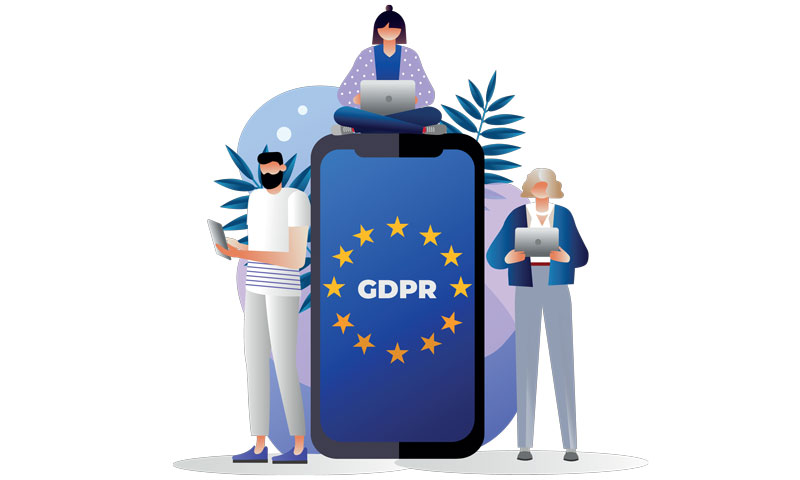Decisions have always been driven by data, it’s just that right now the world generates unprecedented amounts of data and we have access to a host of (relatively) new tools to slice, dice, quantify and analyse it.
At the same time, however, much of that data is now covered by strict laws regarding what can and cannot be done with it and under what conditions. So, for example, while marketers might want to use all the personal data they can find, GDPR places firm limits on their activities.
Fortunately, there are ways to square this circle. Here are some pointers.
Understand what you can do
According to GDPR (and similar legislation in other parts of the world), you now need someone’s explicit permission to market directly to them. You do not, however, need an individual’s permission to show them adverts as part of other content they are consuming.
In other words, arguably rather ironically, GDPR is sending marketers back to the old days of thinking about keywords, search intent and user-behaviour and what it means for them, or, in simple terms, applying basic common sense.
Every company can analyse keywords and can think about the search terms people are likely to use when they are looking for the sorts of products and services the company sells. Likewise, every company will have a niche for its products and services and it’s odds-on that there will already be content creators servicing that niche and companies can create their own so there will be openings for the company to use influencer marketing strategies.
Niche down to grow up
Big data is all very well, in theory, but in practice for most regular SMEs it often makes more sense to focus on a specific vector, aim to serve it superbly well and, for the most part, let organic growth take care of itself.
This means that marketing becomes less about acquiring and analysing vast quantities of data (with all the GDPR-related implications this approach brings with it) and more about developing meaningful, deep-level relationships with a specific community and, in particular, forming real bonds with its key members (in other words, its thought leaders or influencers).
If a company reaches a point where there is no more room for growth in its chosen sector, then it can, if it wishes, repeat this approach in a new one.
Learn how to use modern tools ethically
In spite of the previous two points referring back to “old-school” marketing tactics, it is still important to recognise that times change and, while some classic strategies continue to work very well, others should be left by the historical wayside where they now belong.
For marketers, the key point to take away is that anything that analyses an individual’s data could, at the very least, lead you into a questionable area with regard to GDPR, while anything that collates and analyses the behaviour of a group of people, e.g. website visitors, is much more likely to be legally (and ethically) acceptable.

